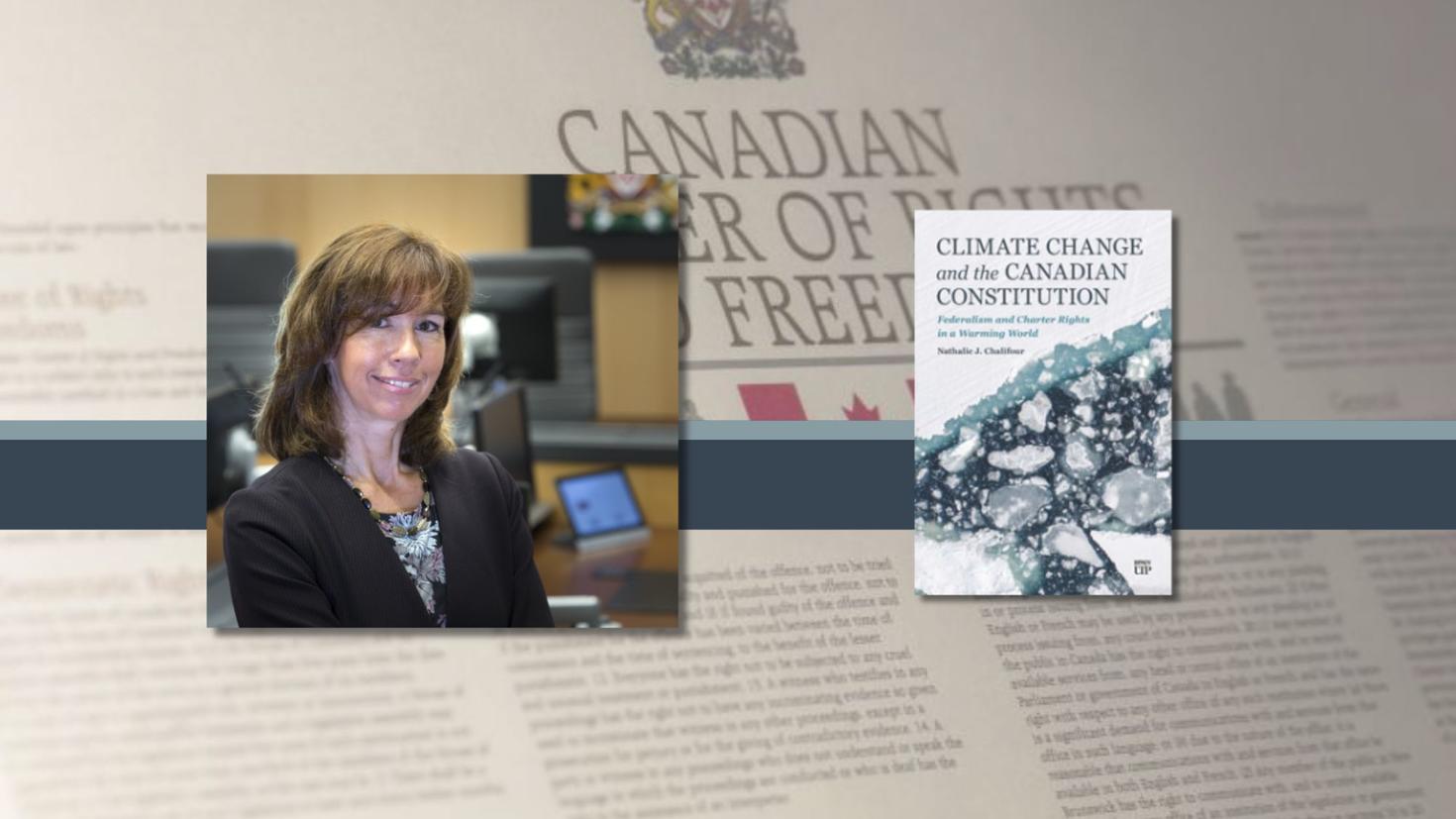A recent book by Professor Nathalie Chalifour offers an urgent and timely legal perspective on this new environmental reality. Climate Change and the Canadian Constitution: Federalism and Charter Rights in a Warming World (University of Toronto Press) examines how Canada’s constitutional framework can both hinder and empower climate action.
Professor Chalifour explores two central constitutional dimensions of the climate challenge: the division of powers between federal and provincial governments, and the protection of fundamental rights under the Canadian Charter of Rights and Freedoms. She analyzes emerging climate litigation led by youth and Indigenous Peoples who argue that government inaction violates their rights to life, security, and equality.
Drawing on recent cases and a deep understanding of environmental and constitutional law, Professor Chalifour highlights how cooperative federalism and progressive constitutional interpretation of Charter rights can support effective and equitable climate governance.
The book is an indispensable resource for scholars, practitioners, and policymakers working at the intersection of law, rights, and climate justice.
Congratulations to Professor Chalifour.
Learn more about Climate Change and the Canadian Constitution.
